COP21: unspoken India-U.S. war
An unspoken war has been waged between India and the U.S. at the COP21 Summit in Paris. If the West wants India to opt for more expensive energy options, then they must also reciprocate by sharing technology.
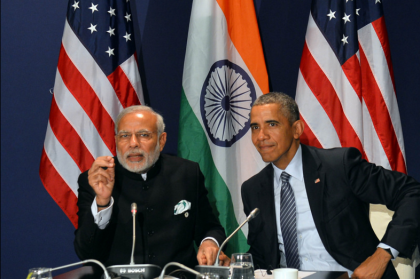 Courtesy: MEA India / Flickr
Courtesy: MEA India / Flickr
An unspoken war has been waged between India and the U.S. at the COP21 Summit in Paris. If the West wants India to opt for more expensive energy options, then they must also reciprocate by sharing technology.
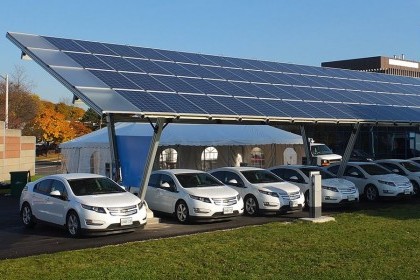 Courtesy: Sass Peress / Wikipedia
Courtesy: Sass Peress / Wikipedia
The Climate Conference in Paris offers the globe a chance to arrive at a firm action plan—and underpinning this chance are advances in solar and electric vehicles technology. If the Paris talks focus on making such technology and related finance available to countries like India, we can move closer to achieving climate goals
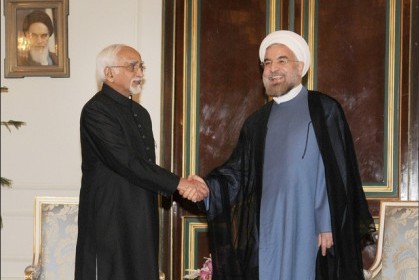 Courtesy: MEA Flickr
Courtesy: MEA Flickr
The strategic and geopolitical importance of Iran’s Chabahar Port is not lost on India. It is for this reason that India is keen to partner with Iran on investing in developing berths at the Port. Although the relationship between the two have had its ups and downs, it is time that with a nuclear deal in place between Iran and the P5+1, India realises that it has much more at stake in its relationship with Tehran.
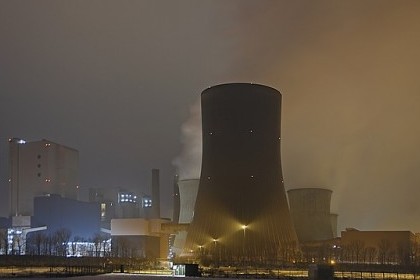 Courtesy: Pixabay
Courtesy: Pixabay
Solar power developers have offered to sell electricity in India at less than Rs 5/unit. This makes solar competitive with traditional forms of energy, and makes new nuclear power plants financially unviable. India must register the changed reality, and discard the idea of expensive Western reactors. Time to scrap the India-U.S. nuclear deal?
 Courtesy: epSos.de / Flickr
Courtesy: epSos.de / Flickr
Developments in electric vehicles, battery technology, and renewable energy can make oil, coal, nuclear power interchangeable, if the appropriate technology is developed and marketed well. And since the benefits include a permanent cap on energy prices, India must promote its own industries in these areas and not remain a passive beneficiary.
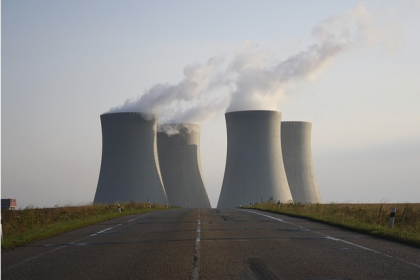 Courtesy: Pixabay
Courtesy: Pixabay
Even as India and Germany move ahead on energy cooperation, India-U.S. energy collaboration is stranded in the three key areas: nuclear power, shale gas, and solar energy. But with cheaper energy imports due to the fall in fossil fuel prices over the past 12 months, India can wait till it gets a better deal from the U.S.
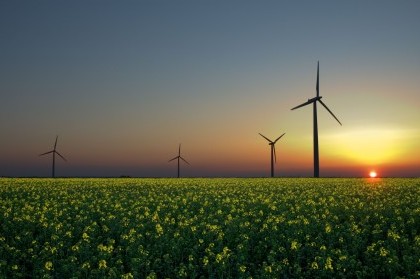 Courtesy: Jürgen / Flickr
Courtesy: Jürgen / Flickr
In Germany in June 2015, G7 countries made major commitments towards decarbonisation and reduction in greenhouse gases, which will lead to binding decisions at the COP-21 conference in Paris in December. Germany pushed for these outcomes, and as one of the most energy efficient countries in the world its technology and expertise can help India’s targets of alternative energy and sustainable industry.
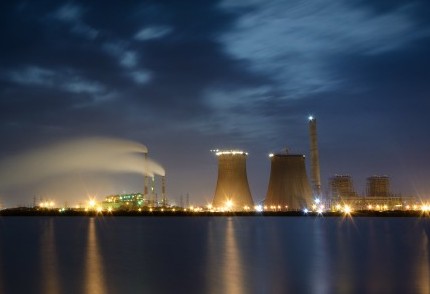 Courtesy: Ram Kumar / Wikipedia
Courtesy: Ram Kumar / Wikipedia
It is time for India to become autonomous on the energy front, even though it is, and will remain, a large importer of petroleum and coal. A combined strategy of diversification by using other forms of energy, and acquisition by buying oil fields, can help India reach this goal
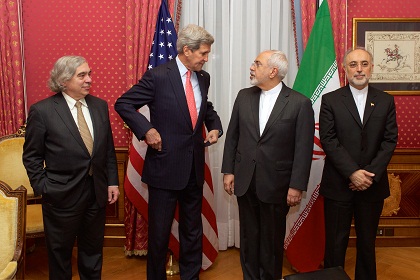 Courtesy: Wikipedia
Courtesy: Wikipedia
A journey which began in Istanbul in 2012 ended in triumph in Vienna in July 2014, as the P5+1 countries and Iran announced a Joint Plan of Comprehensive action that would see Iran free of all economic sanctions while upholding the right to a civil nuclear programme. While this journey, fraught with challenges, technically is over, the ratification battle in the U.S. congress commences now
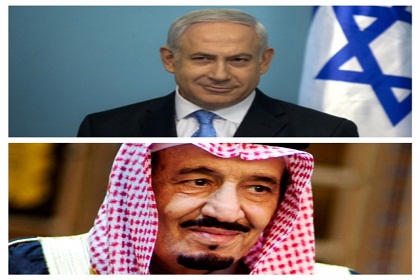 Courtesy: Wikipedia
Courtesy: Wikipedia
The announcement in June of a Saudi-Israeli alliance against Iran has to be seen in the context of the strategic dimensions of India’s relations with Saudi Arabia, Israel, Iran, and the U.S. And it has far-reaching implications for India’s policy towards West Asia